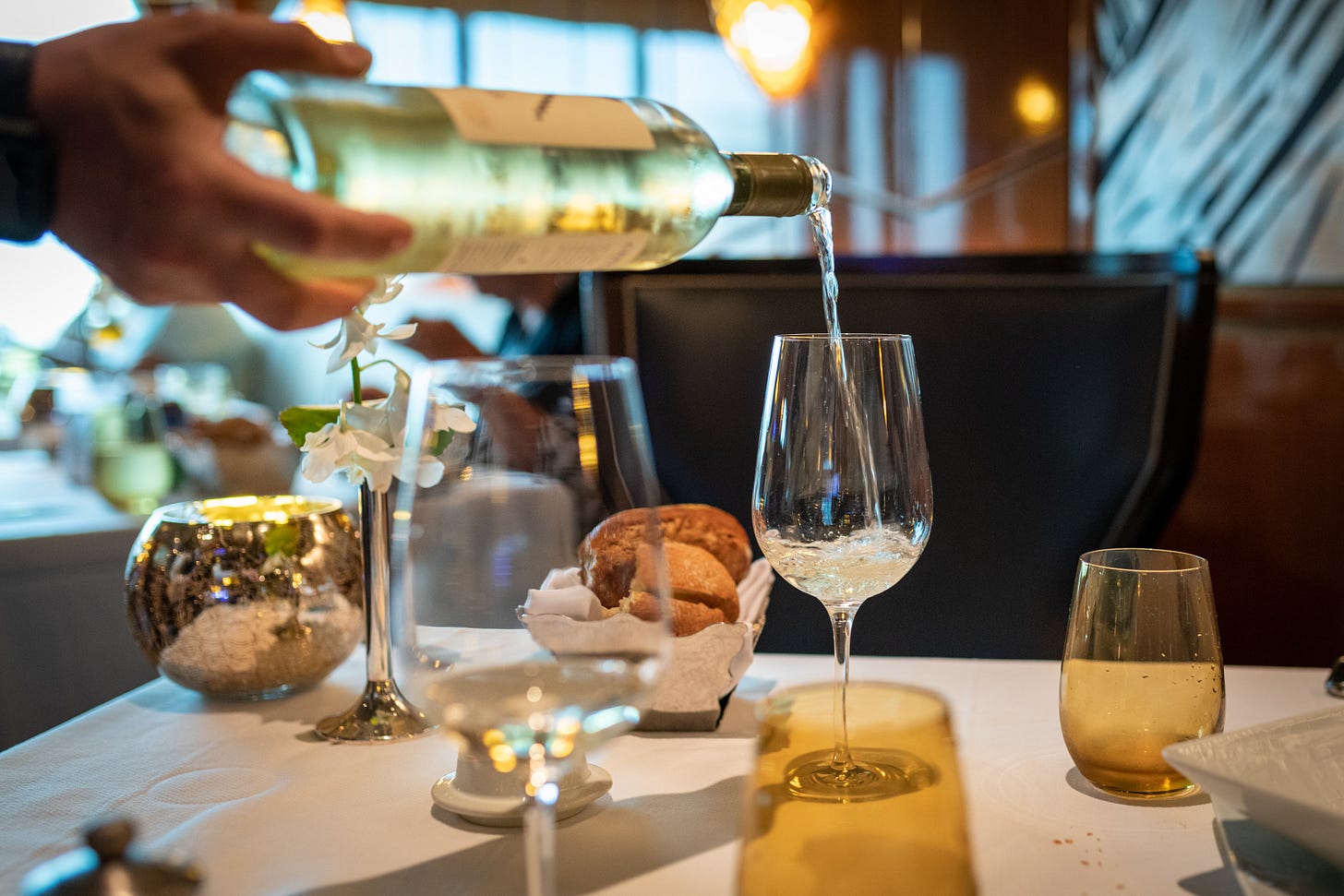Self-mastery Nº107
Personality: Why being yourself matters more than being unique

I don't think that your taste needs to be original, but I know it needs to be personal. I love it when people choose objects that feel like them. I don't believe in paying other people to tell you what you like. I prefer it when people have opinions about shape and texture. About voices and movement. When someone tells me what specifically makes them feel good, I understand them for the first time for real.
— Ava
People often struggle to let their real selves out into the world for fear of having different emotions, cultures, or personalities from everyone else. We all have different ways we like to design our lives, and I believe a rich personality is as valuable as originality, if not more.
Some people are more adventurous than others. Some are more reserved. Some people prefer to stick to what they know, whether they love it or not, while others love and embrace change or seek newness and new experiences.
A question I often return to is whether originality in our taste really matters. It’s a highly valued quality in art, music, literature and other forms of expression—because it implies creativity, innovation, uniqueness. But when it comes to taste, originality isn’t always possible. After all, we tend to be influenced by experiences that shape our preferences. It’s inevitable that we share common tastes with other people. Nothing is surely original anymore.
Besides, originality can be a burden or source of anxiety to people who feel pressured to stand out or impress. It’s easy to feel insecure or inadequate if something you like is popular or mainstream, or if something you dislike is obscure or avant-garde.
You may feel alienated or misunderstood for having different tastes. As if you’ve strayed from the norm or expectation of those around you. Today less so, but still enough to feel inadequate or self-deprecate in order to protect yourself.
But to me: personal taste is all about self-expression and finding joy in who you are and what you like. It is not about being original or conforming to a standard, but in having your own standards and being authentic and true to yourself. Your tastes are who you are and what you pick when you stand alone. It reflects what you value, what you feel and what you aspire to. And that in turn connects you with others who share similar tastes or appreciate your differences.
My school years were the peak of alienation—the most alone I’d ever felt. And it didn’t get better until I left the toxic crowd and embraced my interests. I took up boxing for a little while, shaped my own voice and interests, and cared less for other people’s whispers and opinions and more for my own. And what happened? The right people came along. Now I’m lucky to have friendships spanning practically my entire life, and people who love being around me because of my own ideas and energy. It wouldn’t have been possible if I had kept trying to be like everyone else.
Tastes may change over time as we grow and experience new things. It varies depending on context and our mood. In other words: it’s dynamic and flexible, rather than static and rigid. It allows us to explore and experiment with different flavours, sounds, designs and styles without being limited by rules or labels.
Our taste doesn’t need to be original, but it does need to be personal. It couldn’t be said better. Originality isn’t a requirement or a goal for having good taste; it’s just one of the many possible derivatives of having your own view of things. So focus on your own; it’s what makes you human and unique, and it’s what gives you pleasure and meaning.


